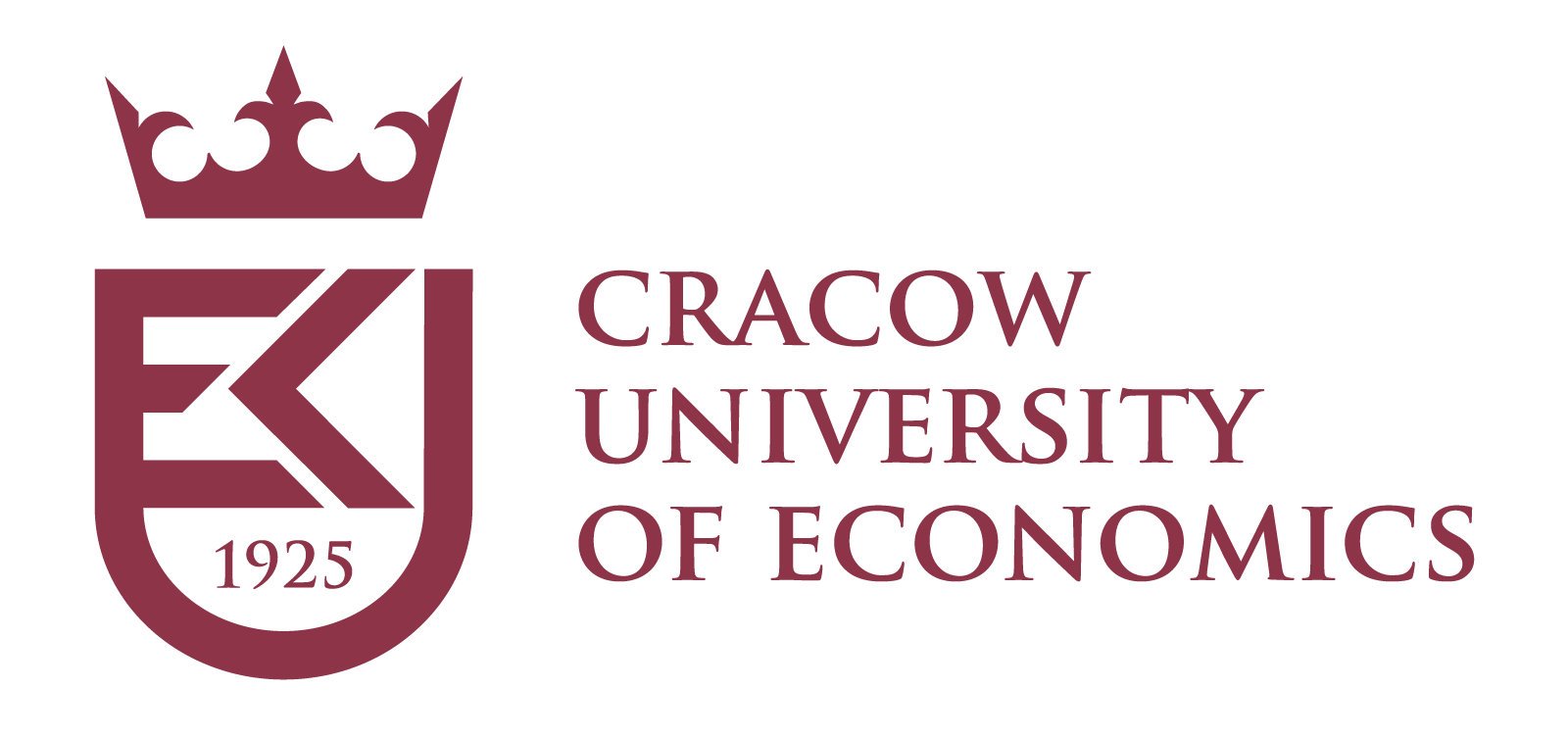Session chairs:
Davide Secchi – secchi@sdu.dk
Cesar Garcia-Diaz – ce.garciad@javeriana.edu.co
Abhijit Sengupta – abhijit.sengupta@surrey.ac.uk
Description:
Computational approaches to management are a way to identity, explore, understand, and analyse all phenomena that happen within and around organisations from a computational and/or complex systems perspective. Such approaches can be used to examine a multiplicity of factors, including those that are typically associated with managerial functions – e.g., leading, strategic planning, organising, coordinating, and controlling–along with those involving individuals and groups within the organisation as well as the organisation as a whole. The latter may include processes related to innovation, marketing and strategic positioning of an organization, while individual and group behaviour fall within the former, that is, the domain of computational simulations of organisational behaviour.
The computational perspective considers organisations as complex adaptive systems where the pro- cesses of organising are linked to factors such as structural interdependencies among organisational subunits, individual behaviour, and to the synergies (or lack thereof) with the environment. By emphasising computational aspects, we would like to encourage submissions that include, but are not limited to, the following:
- Human Resource Management theory and practice
- Organisational design
- Networks and business ecosystems
- Learning in organisations and organisational learning
- Competition, cooperation, and co-opetition strategy dynamics
- Dynamics of organisational routines
- Team and group behaviour
- Computational models of innovation
- Computational models of organisational change
- Computational organisational cognition
Both theoretical and methodological perspectives as well as empirically grounded simulation models are of interest. Diverse computational approaches are welcome (e.g., agent-based modelling, system dynamic simulations, NK models, hybrid models).


